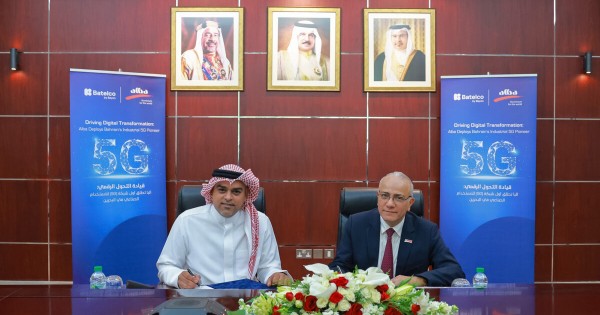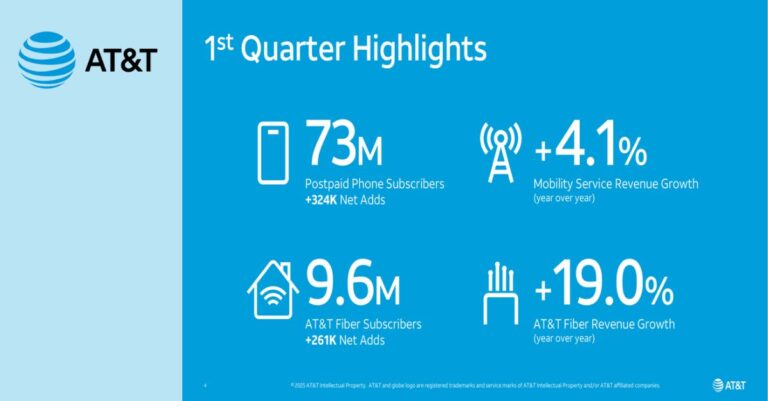To set up a private wireless network, more than 20 enterprises have applied for the direct allocation of the 5G spectrum. The Department of Telecommunications (DoT) has studied the demand for the spectrum required to build private networks. A number of enterprises, including Infosys, Capgemini, GMR, Larsen & Toubro, Tata Power, Tata Communications, and Tejas Networks, for the direct allocation of the 5G spectrum after the study.
DoT had clarified that the intention of the exercise was to study the demand for private networks and that applying would not entail the applicant receiving spectrum.
The report further stated that, following the demand study, enterprises with a net worth of more than Rs 100 crore could apply for spectrum to build a private wireless network. Additionally, DoT has also TRAI to advise on the cost at which the spectrum should be allocated.
As per the policy for spectrum distribution specified in June, one of the decisions made by the department was to give direct access to private network airwaves only after the completion of the demand study.
Industry experts think that government would take at least one to two years to release specific private network spectrum allocation regulations. Currently, no date has been specified for direct spectrum allocation.
Enterprises, including technology companies and telecom operators, have clashed over the issue of direct spectrum allocation to enterprises for the deployment of private networks. Telecom operators have claimed that allocation of direct spectrum to enterprises and technology vendors would disrupt the fair playing field and indirectly offer an entry for them to offer 5G services to the business segment. Technology companies have claimed that it would limit their flexibility and efficiency if they were forced to take spectrum for private networks from the telecom operators.





















